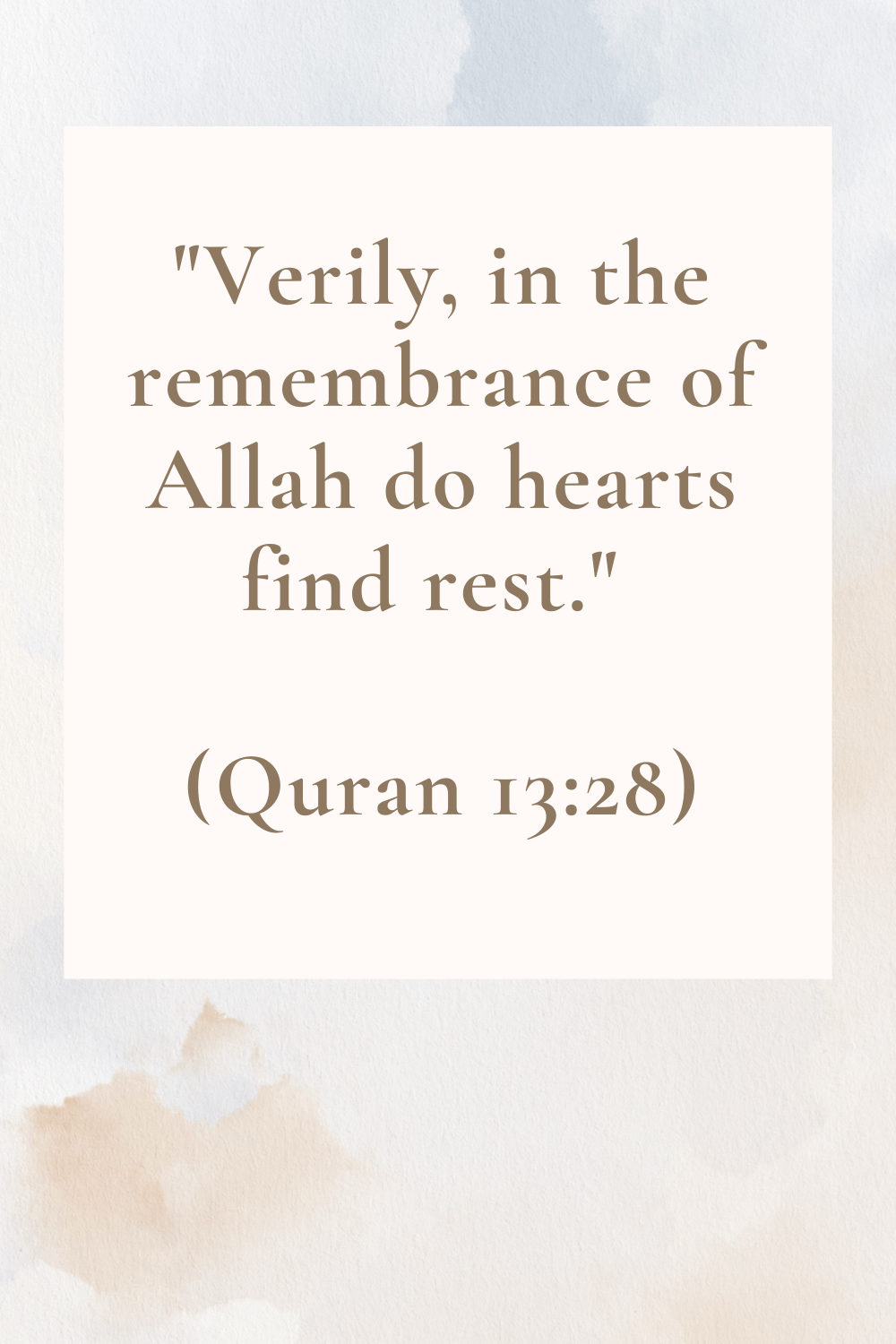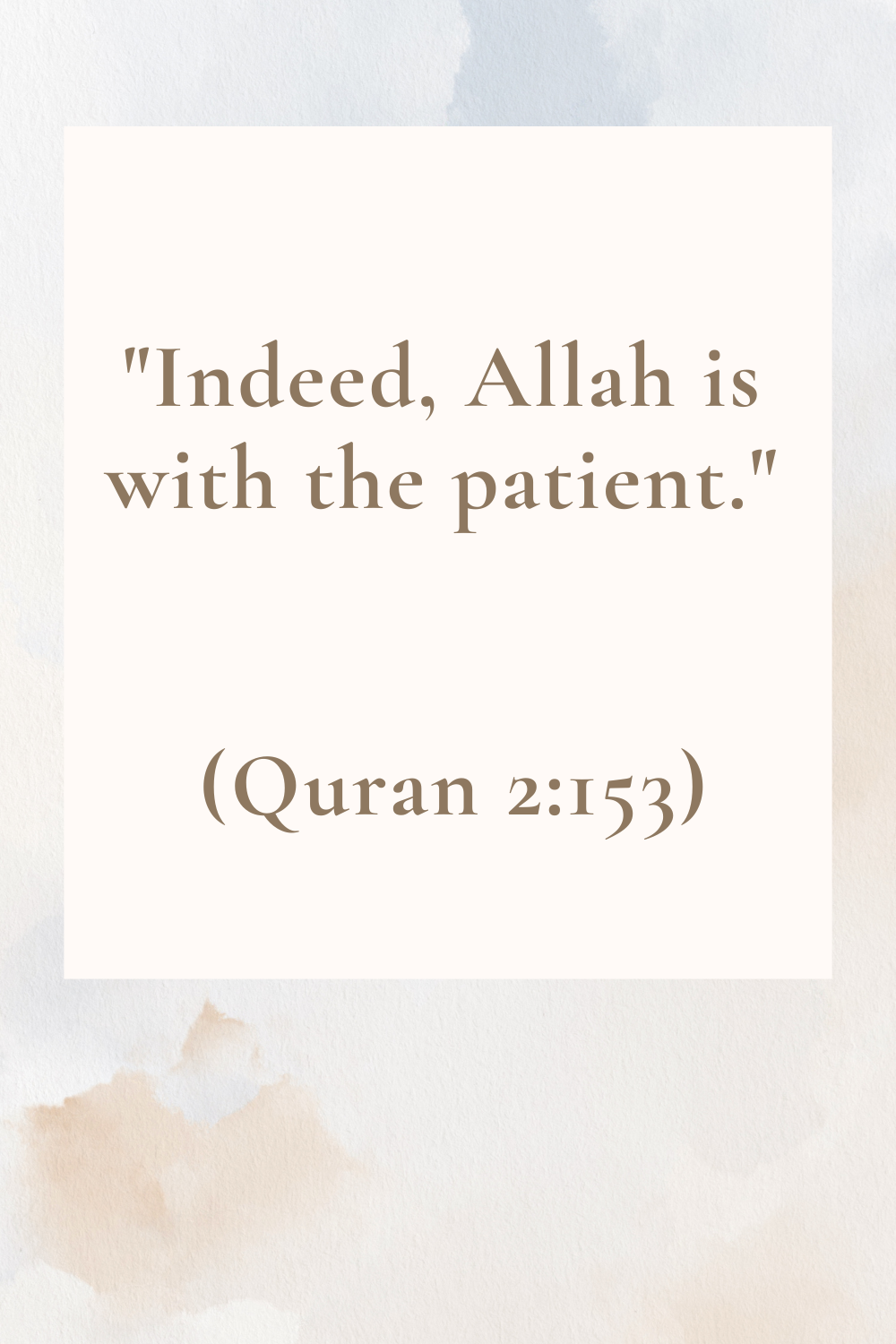
The Quran serves as a source of profound wisdom which provides guidance and inspiration for every area of life.
This article presents only a small portion of the deep messages found in the Quran through selected quotes.
These Quranic quotes serve as a source of strength and guidance for those in need of solace through difficult times or looking to find motivation to conquer challenges and deepen their understanding of Islamic teachings.
Top 10 Most Inspirational Quotes from the Quran
Quote 1: “Indeed, with hardship comes ease.” (Quran 94:5)
Interpretation and Context
This verse from Surah Al-Inshirah is one of the most frequently cited quotes from the Quran, offering profound comfort to those facing difficulties. It was revealed during a period of intense personal struggle for the Prophet Muhammad (PBUH), serving as a reminder that hardship is not permanent.
The verse emphasizes the cyclical nature of life—where every difficulty is followed by relief. This duality is a recurring theme in the Quran, reflecting the balance inherent in Allah’s creation.
The context of this Ayah is particularly significant because it was revealed after the Prophet (PBUH) experienced a series of personal and societal challenges.
It serves as a universal message of hope, applicable to all believers regardless of their circumstances.
Quote 2: “And We have certainly created man in the best of stature.” (Quran 95:4)
Interpretation and Context
This verse from Surah At-Tin highlights the inherent dignity and excellence of human beings.
It serves as a reminder that Allah has created humans in the best possible form, both physically and spiritually.
The “best of stature” refers not only to our physical appearance but also to our intellectual, emotional, and spiritual capacities.
The context of this Ayah is tied to the broader theme of human responsibility.
Since humans are created in the best form, they are expected to live up to this potential by fulfilling their purpose—worshipping Allah and contributing positively to the world.
Quote 3: “Allah does not burden a soul beyond that it can bear.” (Quran 2:286)
Interpretation and Context
This verse from Surah Al-Baqarah is a cornerstone of Islamic teachings on resilience and faith.
It reassures believers that Allah, in His infinite wisdom, never places a burden on a person that exceeds their capacity to endure.
This principle is rooted in the concept of divine justice and mercy, emphasizing that Allah understands our limits better than we do.
The context of this Ayah is tied to the broader discussion of human responsibility and accountability.
It serves as a reminder that while life may present challenges, Allah provides the strength and resources needed to overcome them.
Quote 4: “And He is with you wherever you are.” (Quran 57:4)
Interpretation and Context
This verse from Surah Al-Hadid emphasizes Allah’s omnipresence and constant support.
It reassures believers that they are never alone, no matter where they are or what they are going through.
This concept of divine companionship is central to Islamic teachings on faith and trust in Allah.
The context of this Ayah is tied to the broader theme of Allah’s attributes, particularly His knowledge and presence.
It serves as a reminder that Allah is aware of our actions, thoughts, and struggles, and He is always ready to guide and support us.
Quote 5: “Verily, in the remembrance of Allah do hearts find rest.” (Quran 13:28)
Interpretation and Context
This verse from Surah Ar-Ra’d highlights the spiritual and emotional benefits of remembering Allah.
It suggests that true peace and contentment can only be found through a connection with the Divine.
The “remembrance of Allah” includes acts of worship, prayer, and reflection on His attributes.
The context of this Ayah is tied to the broader theme of seeking solace in faith.
It serves as a reminder that material pursuits alone cannot bring lasting happiness; true fulfillment comes from a relationship with Allah.
Quote 6: “And whoever fears Allah – He will make for him a way out.” (Quran 65:2)
Interpretation and Context
This verse from Surah At-Talaq emphasizes the importance of Taqwa (God-consciousness) in overcoming difficulties.
It reassures believers that by fearing Allah and striving to live a righteous life, they will find solutions to their problems.
The “way out” refers not only to physical solutions but also to spiritual and emotional relief.
The context of this Ayah is tied to the broader discussion of divine assistance.
It serves as a reminder that Allah’s help is always available to those who seek it through faith and good deeds.
Quote 7: “Indeed, Allah is with the patient.” (Quran 2:153)
Interpretation and Context
This verse from Surah Al-Baqarah highlights the virtue of patience and its rewards. It reassures believers that Allah is with those who remain patient in the face of adversity. Patience is not just passive endurance but an active state of faith and trust in Allah’s plan.
The context of this Ayah is tied to the broader theme of trials and tribulations. It serves as a reminder that patience is a key to overcoming challenges and earning Allah’s favor.
Quote 8: “And We have certainly honored the children of Adam.” (Quran 17:70)
Interpretation and Context
This verse from Surah Al-Isra emphasizes the inherent dignity and honor bestowed upon all human beings.
It serves as a reminder that every individual is valued and respected in the eyes of Allah.
This honor is not based on race, wealth, or status but on our shared humanity.
The context of this Ayah is tied to the broader theme of human responsibility.
Since humans are honored, they are expected to live up to this honor by fulfilling their purpose and treating others with respect.
Quote 9: “So remember Me; I will remember you.” (Quran 2:152)
Interpretation and Context
This verse from Surah Al-Baqarah highlights the reciprocal nature of the relationship between Allah and His servants.
It suggests that by remembering Allah through prayer, gratitude, and good deeds, we can earn His remembrance and blessings.
The context of this Ayah is tied to the broader theme of worship and gratitude.
It serves as a reminder that our connection with Allah is strengthened through consistent remembrance.
Quote 10: “And whoever does an atom’s weight of good will see it.” (Quran 99:7)
Interpretation and Context
This verse from Surah Az-Zalzalah emphasizes the importance of even the smallest acts of goodness.
It reassures believers that no good deed, no matter how minor, will go unnoticed or unrewarded by Allah.
The context of this Ayah is tied to the broader theme of accountability.
It serves as a reminder that every action, no matter how small, has consequences and will be accounted for on the Day of Judgment.
Conclusion
The Quran is a treasure trove of wisdom, offering guidance and inspiration for all aspects of life.
The quotes from the Quran we’ve explored in this article are just a glimpse into the profound messages contained within this sacred text.
Whether you’re seeking solace during difficult times, motivation to overcome challenges, or a deeper understanding of Islamic teachings, these Quranic quotes provide a source of strength and guidance.
As we navigate the complexities of modern life, the timeless wisdom of the Quran remains as relevant as ever.
By reflecting on these quotes and incorporating their teachings into our daily lives, we can find peace, purpose, and direction.
We encourage you to explore the Quran further, reflect on its verses, and share its wisdom with others. Let the words of the Quran inspire you to live a life of faith, patience, and gratitude.
FAQs
1. What are the most famous quotes from the Quran?
Some of the most famous quotes from the Quran include “Indeed, with hardship comes ease” (Quran 94:5) and “Allah does not burden a soul beyond that it can bear” (Quran 2:286).
2. How can I use Quranic quotes in my daily life?
You can use Quranic quotes in your daily life by reflecting on their meanings, incorporating them into your prayers, and sharing them with others for inspiration and guidance.
3. Are Quranic quotes relevant to non-Muslims?
Yes, Quranic quotes often contain universal wisdom that can resonate with people of all faiths and backgrounds.
4. How do I interpret Quranic quotes correctly?
To interpret Quranic quotes correctly, it’s important to consider the context in which they were revealed and to seek guidance from knowledgeable scholars or Tafsir (exegesis) texts.
5. Where can I find more Quranic quotes and their explanations?
You can find more Quranic quotes and their explanations in Tafsir books, online Quranic resources, and Islamic literature.





